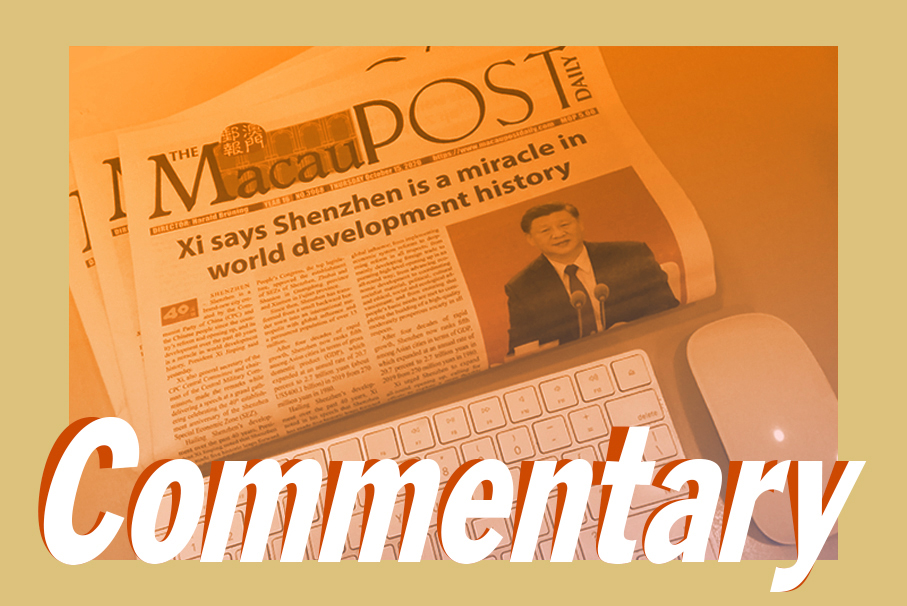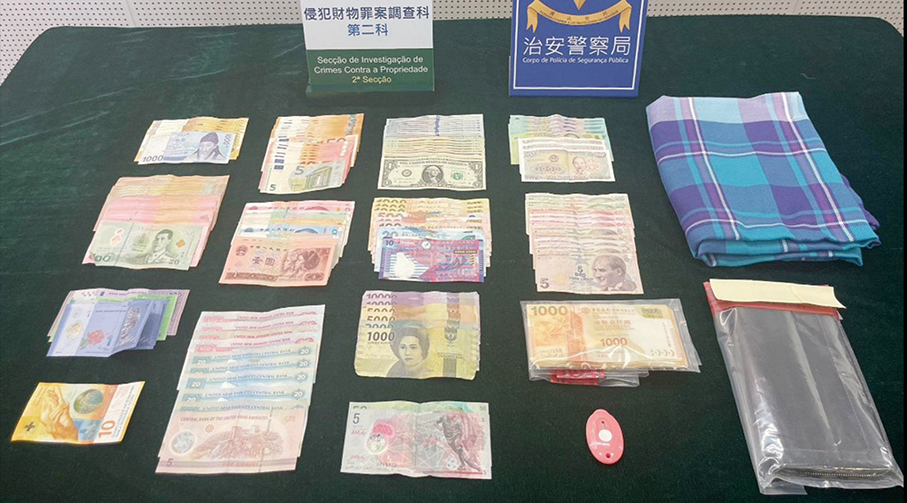Marine and Water Bureau (DSAMA) Director Susana Wong Soi Man has announced that Macau’s household tap-water consumption dropped 4.5 percent last year from the previous year, showing that residents’ awareness of tap-water saving has been increasing.
Macao Water, the city’s water utility, said earlier this year that with the tourism industry’s rapid recovery since early last year, Macau’s total tap-water consumption last year increased seven percent year on year.
Wong made the remarks on Sunday in a speech at the beginning of her bureau’s annual event aiming to enhance residents’ awareness of tap-water saving.
This year’s one-day event was held at the recreational and sitting-out area on the north-western Taipa waterfront outside the sprawling Ocean Gardens residential estate, officially known as Taipa Waterfront Leisure Area, for the first time. Previously, the event was held on the peninsula’s Guia Hill every year. This year is the eighth time that the bureau has held the event.
Since the one-day event was first organised in 2016, it had been held in either November or December until 2022. The bureau did not organise the event last year, but relaunched the event this year, in March for the first time.
Delivering her speech on Sunday, Wong said that in addition to making “something new”, her bureau’s decision to change the event’s location to the Taipa Waterfront Leisure Area also aimed to remind residents that Macau is a port city with seawater on three sides, pointing out that Macau is a city lacking freshwater resources.
Wong noted that Macau is located on the west bank of the Pearl River Estuary, where sea water and fresh water meet, resulting in brackish water, adding that there are no natural rivers nor natural lakes for Macau to directly get fresh water from.
Wong noted that 99 percent of raw water used in Macau comes from the mainland. However, Wong noted that every winter and spring, rivers and streams in the Xi River basin are affected by reduced flows of water, causing sea water to flow upstream, and this is how a salt tide occurs.
Xi River, aka West River, is the western tributary of the Pearl River.
Wong said that thanks to the effective measures jointly implemented by the central and local governments, Macau residents have not been affected by salt tides for many years, but “salt tides are always here which potentially affect us”, she said.
Wong underlined that a large volume of raw water is needed to ensure the central government’s strong measures to tackle the salt tide that affects Macau every year, because of which mainland cities along the respective rivers and streams have to make “certain sacrifices” in their economic activities such as navigation, electricity generation and agriculture.
Wong said that with their continuous socioeconomic development, the mainland cities along the respective rivers and streams can be expected to generate an increasing demand for water consumption, because of which Macau should prepare itself for the possible occurrence of adverse conditions and carry out concrete actions to express its gratitude for the motherland’s strong support by strengthening its water-saving and water-recycling measures, she said.
Consequently, Wong said, her bureau is now intensively working to launch various reclaimed-water projects in the ongoing urban development of the city’s new land reclamation areas.
Marine and Water Bureau (DSAMA) Director Susana Wong Soi Man (first from left) walks along the coastal walking trail of the Taipa Waterfront Leisure Area on Sunday during her bureau’s annual event aiming to raise residents’ awareness of tap-water saving. – Photo: Tony Wong









